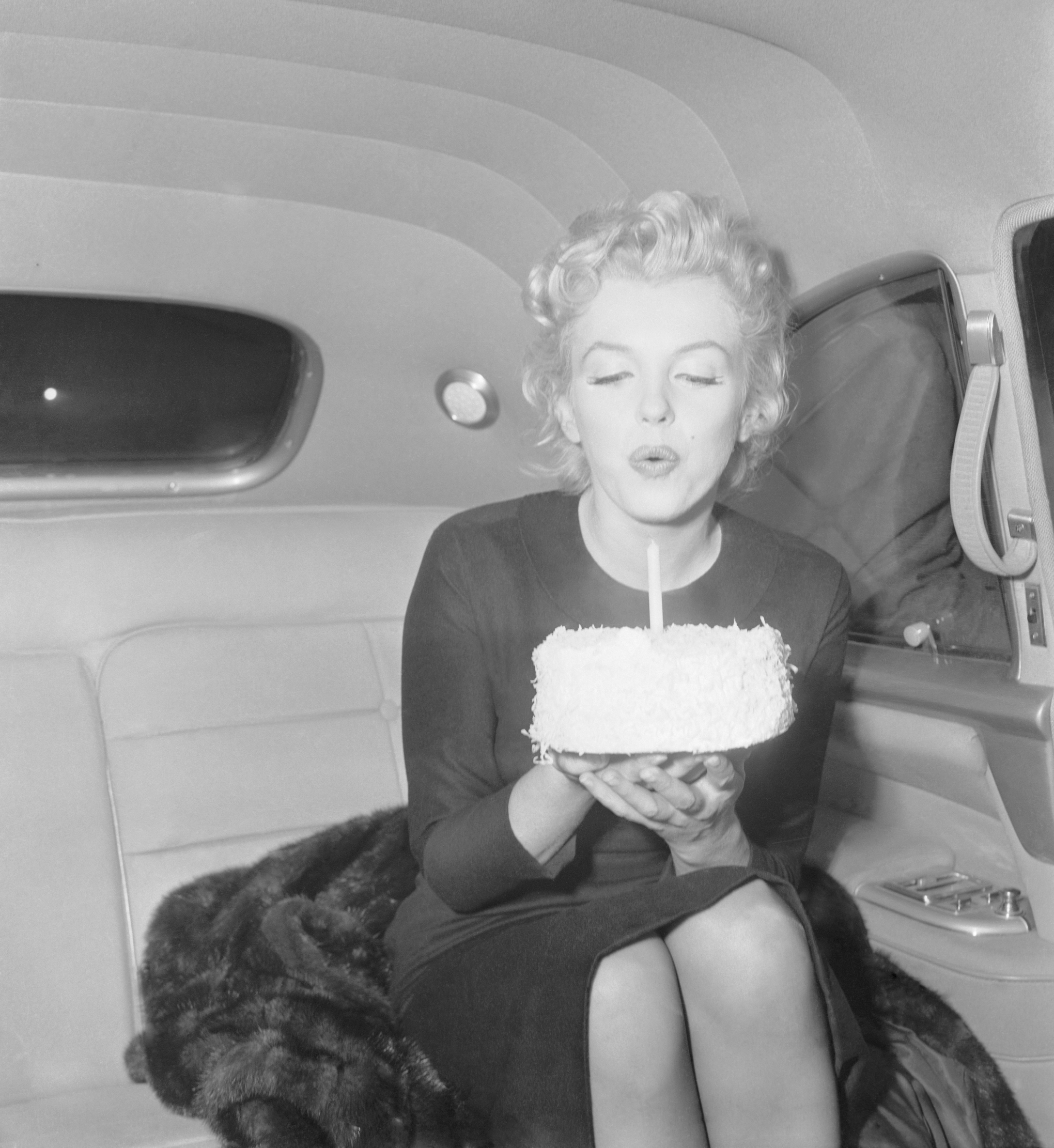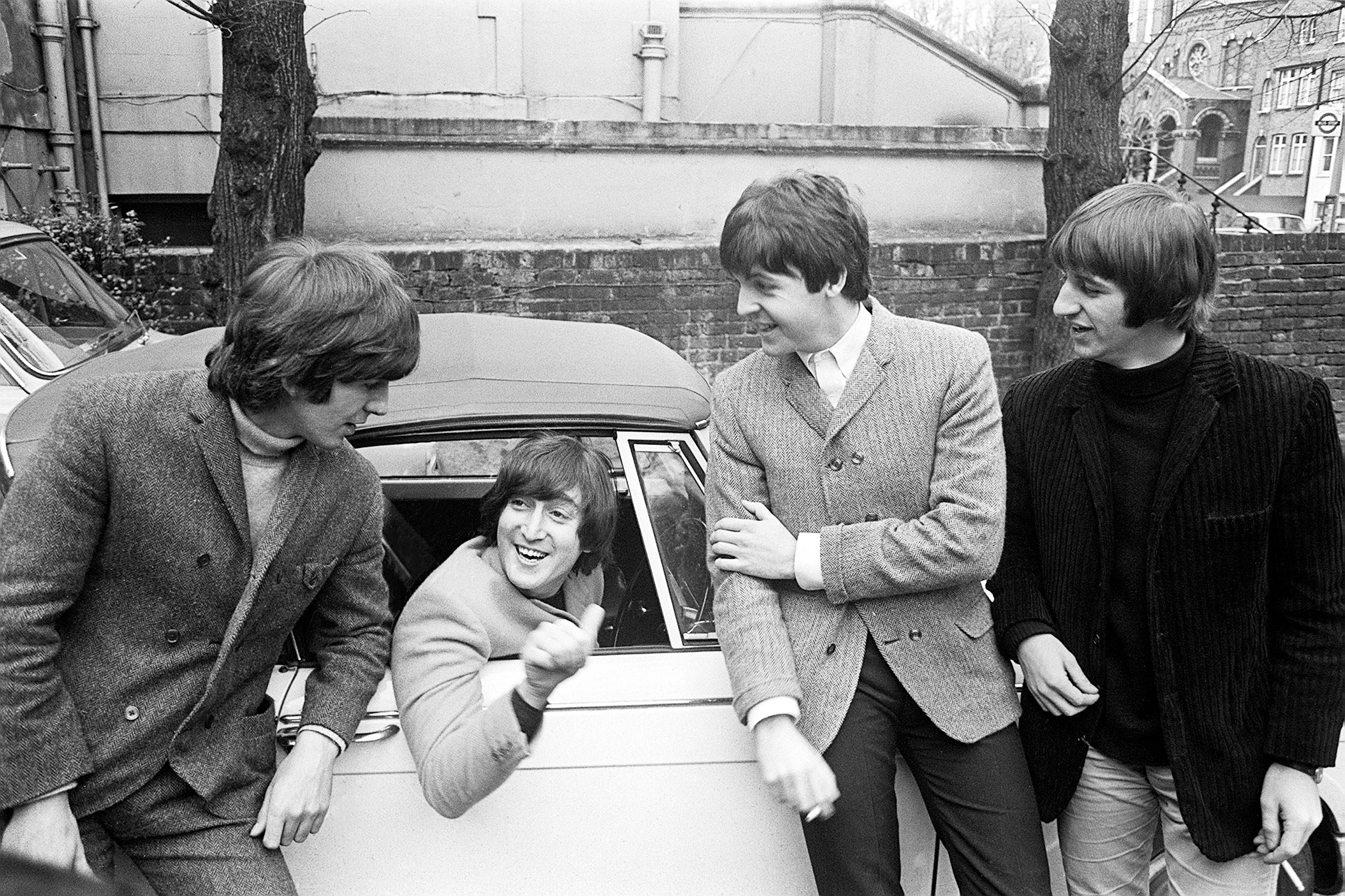Curious Questions: Who wrote the Happy Birthday song?
There are few things less pleasurable than a tuneless public rendition of Happy Birthday To You, says Rob Crossan, a century after the little ditty came into being


Exquisite houses, the beauty of Nature, and how to get the most from your life, straight to your inbox.
You are now subscribed
Your newsletter sign-up was successful
It doesn’t rhyme. It doesn’t sound good when sung either solo or en masse (unless, perhaps, being panted out by Marilyn Monroe). It seldom scans when personalised (unless you have a Christian name of exactly two syllables) and three of its four lines are exactly the same. Am I the only one who thinks that people deserve something a little better on their birthday?
Many have tried to usurp Happy Birthday To You, hoping to dislodge it from its permanent number-one spot in the charts of anniversary ditties. The Beatles attempted it with Birthday on the White Album. Stevie Wonder had a good go with his own Happy Birthday of 1981 — although that was exclusively dedicated to Martin Luther King.
Yet, in the 100 years since it appeared as sheet music — on March 4, 1924 — no waltz, chant, poem or madrigal has managed to shift what must be a strong contender for the most tuneless dirge ever composed, shouted at us annually by people who, for the rest of the year, wouldn’t dream of singing in a restaurant.
At least there’s the consolation of cake, which invariably comes directly afterwards. For the legal apparatchiks in the Warner Chappell division of Warner Music, however, the familiar refrain is most likely met with a feeling of nausea that far outweighs the sensation of eating half a kilo of sponge and marzipan — thanks to a quite spectacular loss in the American courts.
Far from being ‘written by Anon’, as is so often and erroneously claimed, the Happy Birthday song was, until 2015, the copyright of the New York-based publishing behemoths. If you wanted to use it in a film, a television show or a concert, you had to pay. And pay they did — Disney to the tune of $5,000 (about £3,985), for the rights to perform it in theme-park parades.
It was all a far cry from a kindergarten in Kentucky, US, sometime in 1893, when sisters Mildred and Patty Hill led their pupils in a daily rendition of a rhyme they had penned, Good Morning To All. This song was printed in sheet-music form by Robert Coleman in 1924 and, by the time the first copyrighted version appeared in a songbook made by the sisters’ publishers (the Clayton F. Summy Company, in 1935), the song was already known throughout America and beyond. This was in no small part thanks to its airing in Irving Berlin’s revue show As Thousands Cheer the previous year.
It was a third Hill sister, Jessica, who decided to enter the litigious world of copyright law on behalf of her siblings, with what seemed a skilful piece of pecuniary work. The Hill Foundation went on to collect half of all the song’s royalties, with some of the vast windfall going to the sisters’ living descendants. Yet the original copyright only covered the tune and not the lyrics, as Warner found out to its immense cost. Having bought the song in 1988, this ‘licence to print money’ was stopped by a 2015 court case. It was only then that the song was ‘freed’, after Judge George H. King ruled that it was in the public domain.
Exquisite houses, the beauty of Nature, and how to get the most from your life, straight to your inbox.
No longer could Warner issue cease-and-desist orders against groups — even the Girl Scouts of America — for using the song. Indeed, Warner Music Group agreed to pay $14 million (about £11.2 million) to ‘thousands of people and entities’ who had paid licensing fees to use the tune over the decades.
The smoking-gun moment came when a 1922 songbook was unearthed. Printed without copyright, the sheet music pre-dated the Coleman’s version by two years and the copyrighted Summy version by more than a decade. Now, not only could anyone use the song, but the established ‘anniversary’ of the tune itself was in doubt. Is it possible that Happy Birthday had its own birthday wrong?
For now, the date stamp of March 4, 1924, remains the most commonly held official date of birth for Happy Birthday To You. It’s likely to remain that way until an actual date (rather than only the year) can be found for the publication of the ‘smoking-gun’ version.
Curiously, the Curiosity Rover, deployed to collect soil on Mars, was programmed by NASA to sing Happy Birthday to itself in 2013, to celebrate its first successful year on the red planet. The Hills’ schoolroom rhyme had transcended earth and gone to outer space. And, if you’re more than 12 years old, it’s a birthday wish that this is where it should stay.

Credit: Alamy
Curious Questions: Why does Easter move dates every year?
Phoebe Bath researches why exactly Easter is a called a 'moveable feast'.

What is Whitby jet? The once-prized northern native gemstone that is darker than the night
This 'beautiful, natural, heritage material deserves to be reassessed' and is slowly regaining popularity. Harry Pearson talks to the makers

Credit: Getty
Why do we get so many April showers?
It's the time of year when a torrential downpour can come and go in minutes — or drench one side of

Curious Questions: Who was the first person to take a driving test?
For years, all you need to drive a car was to jump behind the wheel — but that all changed.
Rob is a writer, broadcaster and playwright who lives in Brixton, South London. He regularly contributes to publications including the Daily Mail, Daily Telegraph and Conde Nast Traveller. Rob is the Special Correspondent for the BBC Radio Four programme Feedback and can also be heard on the From Our Own Correspondent programme on BBC Radio Four and the World Service. His first play, 'The Gaffer', premiered at the Underbelly Theatre as part of the Edinburgh Fringe in 2023.
